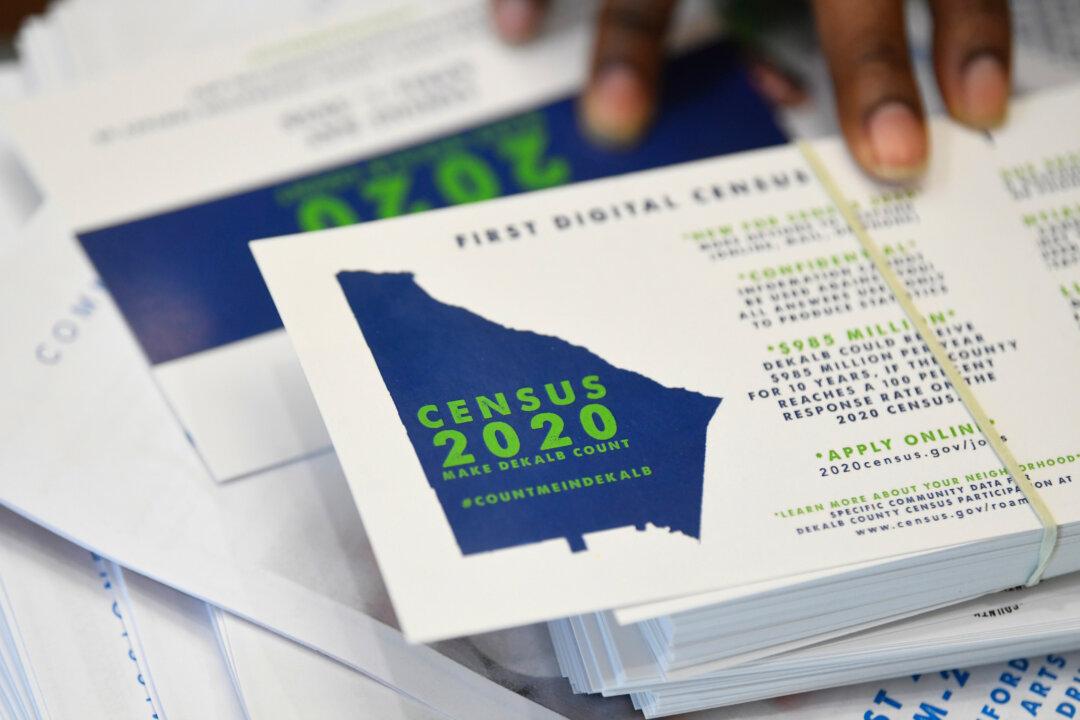The Supreme Court on Tuesday granted the Trump administration’s request to allow a stop to counting for the 2020 U.S. Census earlier than Oct. 31.
The justices granted the Justice Department’s request for an emergency stay by blocking a lower court ruling that had required field data collection operations for the census count to be continued until Oct. 31. The decision required at least five justices to be in favor.Justice Sonia Sotomayor, an Obama appointee, said in a seven-page dissent (pdf) that the Supreme Court’s action would leave the Census Bureau room to “sacrifice accuracy for expediency.” Sotomayor was the only justice who publicly dissented.




